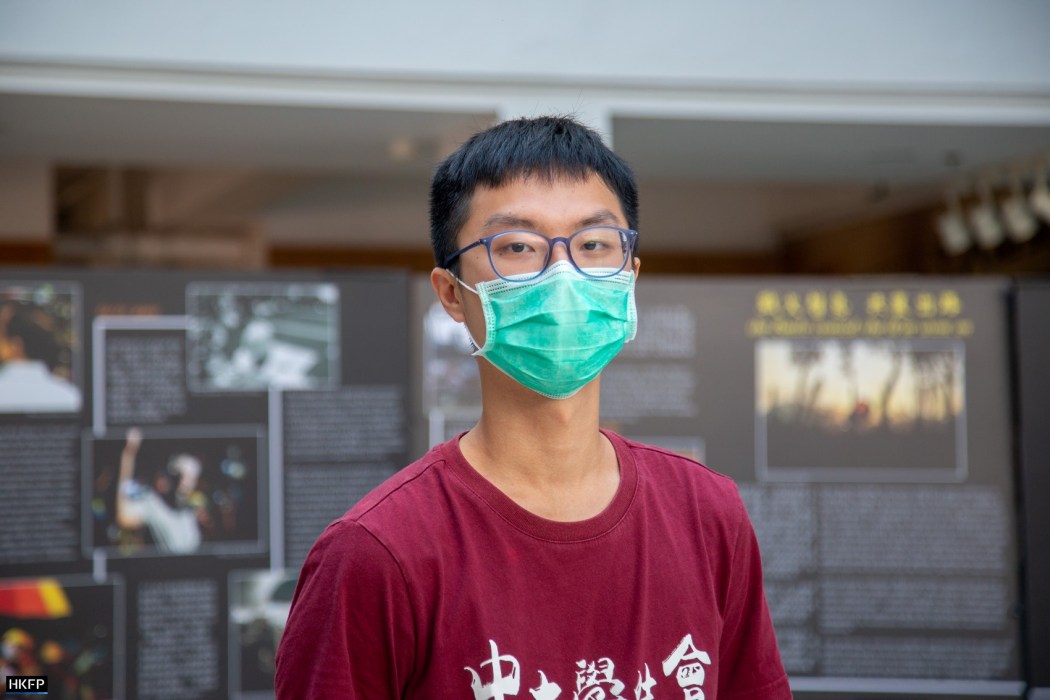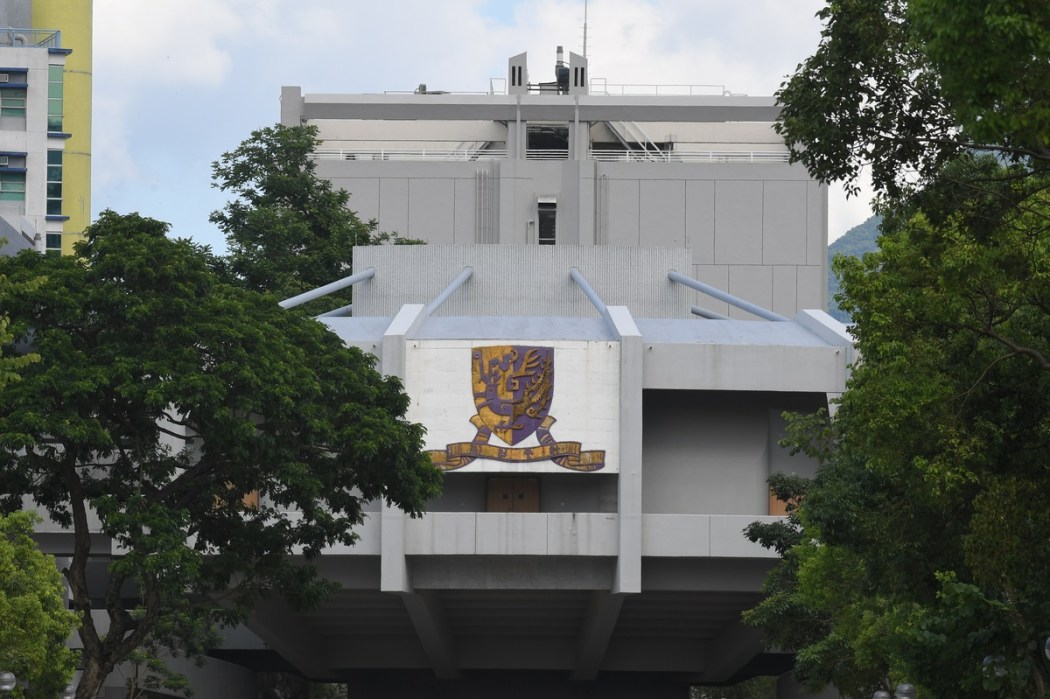A former president of the Chinese University of Hong Kong Student Union (CUSU) has said the role and stake of students in the city “will only be further diminished,” after the group announced to fold on Thursday.
The organisation that had represented students at CUHK for half a century became the latest group to dissolve after more than 50 local civil society groups disbanded this year under pressure from the authorities. Student leaders cited increased challenges after the university severed ties with them in February, saying it was a “profound regret” that it had ceased to operate.

Pro-democracy activist Owen Au, who chaired the student union in 2018 and 2019, told HKFP that he was grieving over the news. The 22-year-old said it was hard to imagine the amount of “pain and pressure” members of the CUSU had faced that “forced them to make such a difficult decision.”
“I am worried that the dissolvement of CUSU would be an end for the time when the young generation could autonomously explore for their own future and voice out themselves,” Au said. “In the foreseeable future, the role and stake of students will only be further diminished.”
The ex-CUHK student union president was jailed for six months in June after being found guilty of participating in an unlawful assembly and violating a mask ban during a protest in October 2019. He finished serving his term and was released from Stanley Prison last month.

Au said the student union – founded in 1971 – had been a cornerstone of Hong Kong’s student movement over the past 50 years. It saw the Sino-British negotiations in the 1980s, the Tiananmen Square crackdown in 1989, the 2014 Umbrella Movement and the anti-extradition bill protests in 2019, he listed.
The ex-student union chair went on to say that the dissolution of the CUSU was just “a piece of iceberg” in light of the wider trend of disbandment among civic groups. He accused the local government and a “higher authority” as using the national security law to “systematically crackdown” on civil society.
“[W]hen student unions with traditions of more than half century – which have fostered vast numbers of elites and even politicians nowadays – could be forced to dissolve in such an ugly way, no one can claim themselves safe under the storm.”
Democracy wall
Stand News reported on Thursday that a “Democracy Wall” message board on the CUHK campus in Sha Tin was barricaded soon after the student union announced it would dissolve.

A notice from the Staff-Student Centres Management Committee said it approved an “enhancement” of the board in September. The use of the message board, which still contained pro-democracy leaflets and memo stickers, would be halted with immediate effect until further notice, the report said.
Support HKFP | Policies & Ethics | Error/typo? | Contact Us | Newsletter | Transparency & Annual Report | Apps
Help safeguard press freedom & keep HKFP free for all readers by supporting our team

latest national security stories























